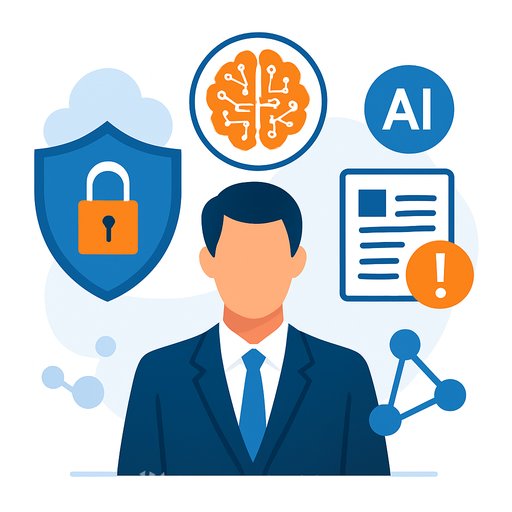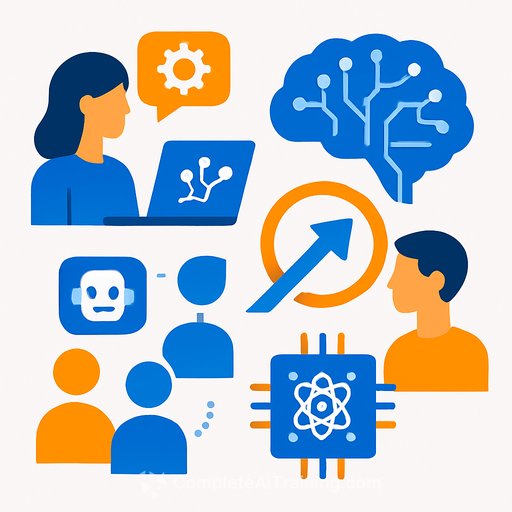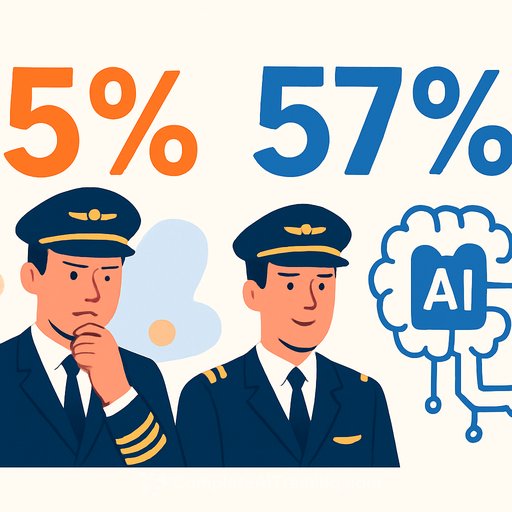Is It Time to Hire a Head of AI for Your Firm?
Artificial intelligence is no longer just a tech buzzword. It’s reshaping how businesses operate, compete, and grow. For executives and strategists, the question isn’t whether AI will affect your company, but how to lead that change effectively.
One approach gaining traction is appointing a dedicated Head of AI. This isn’t a typical tech lead role. It requires a blend of technical know-how, communication skills, team management, and strategic insight.
Why Your Firm Needs a Head of AI
- Technical Expertise: AI initiatives demand deep knowledge of machine learning models, data infrastructure, and algorithmic solutions. A Head of AI ensures your firm’s projects are feasible and grounded in reality.
- Cross-Functional Communication: AI touches multiple departments—marketing, operations, finance, HR. Your Head of AI must translate complex technical concepts into business language everyone understands.
- Team Leadership: AI projects often involve data scientists, engineers, analysts, and business units. Coordinating these teams requires strong leadership and project management skills.
- Strategic Integration: AI isn’t just a tool; it influences business models, customer experiences, and competitive strategy. The Head of AI should map out how AI fits into the company’s long-term goals.
What to Look for When Hiring a Head of AI
Many companies rush to hire AI experts without considering the broader skill set needed. Here’s what to prioritize:
- Balanced Expertise: Technical skills combined with business acumen. They should understand AI development and the economic impact of AI-driven decisions.
- Leadership Experience: Proven ability to manage interdisciplinary teams and communicate across departments.
- Strategic Vision: Ability to foresee how AI can reshape your industry and build a roadmap for adoption and scaling.
- Change Management: Experience guiding organizations through digital transformation and overcoming resistance.
Getting Started
If your firm is considering this role, start by assessing current AI capabilities and business needs. Identify where AI can add value and what gaps exist in expertise and leadership.
Investing in AI training for your leadership team can complement hiring. This helps create a shared understanding of AI’s potential and challenges. To explore relevant AI courses and certifications that focus on practical business applications, visit Complete AI Training.
Ultimately, a Head of AI can be a catalyst for aligning AI projects with your firm’s vision, driving innovation while managing risks. But success depends on choosing someone who balances tech skills with strategy and communication.
Your membership also unlocks:






